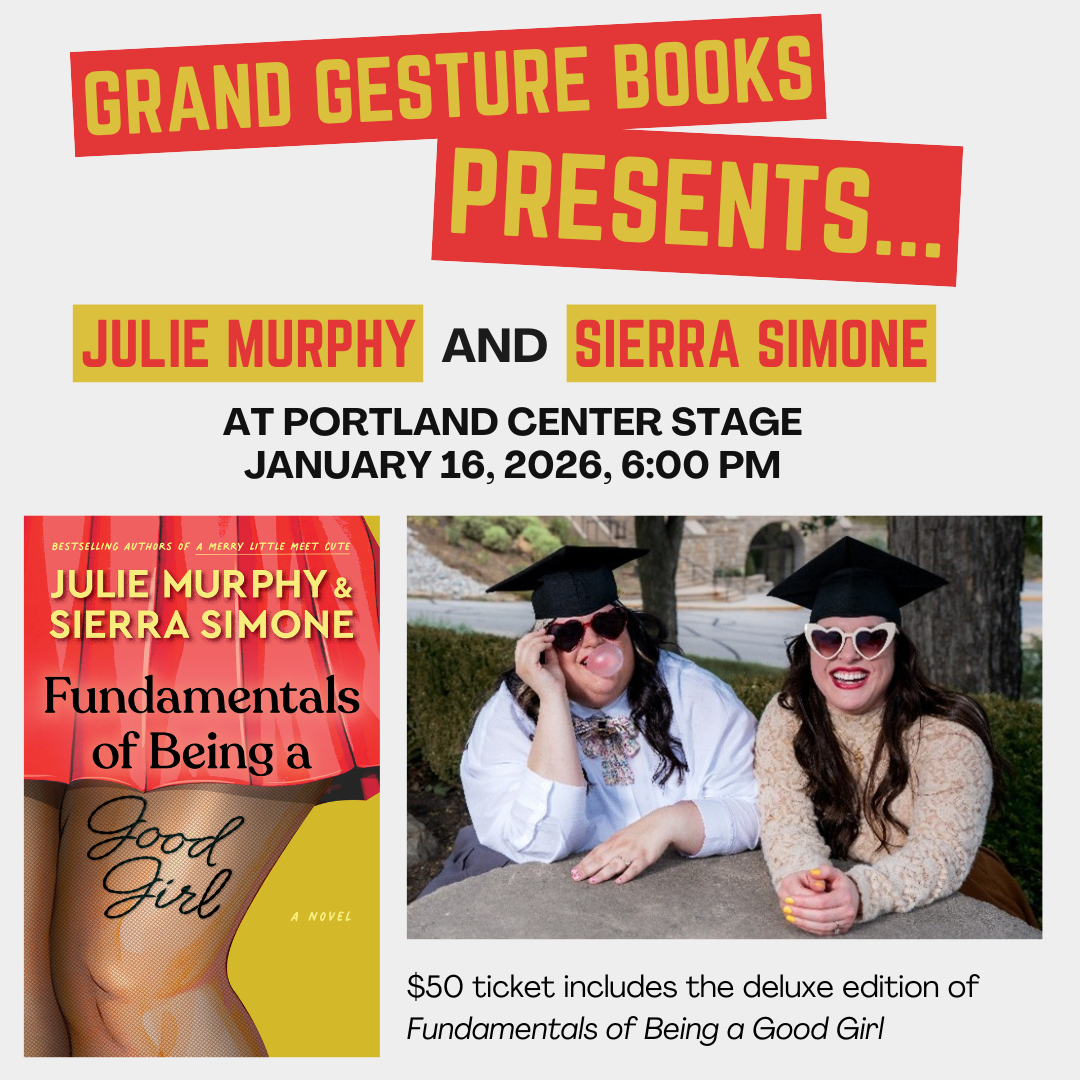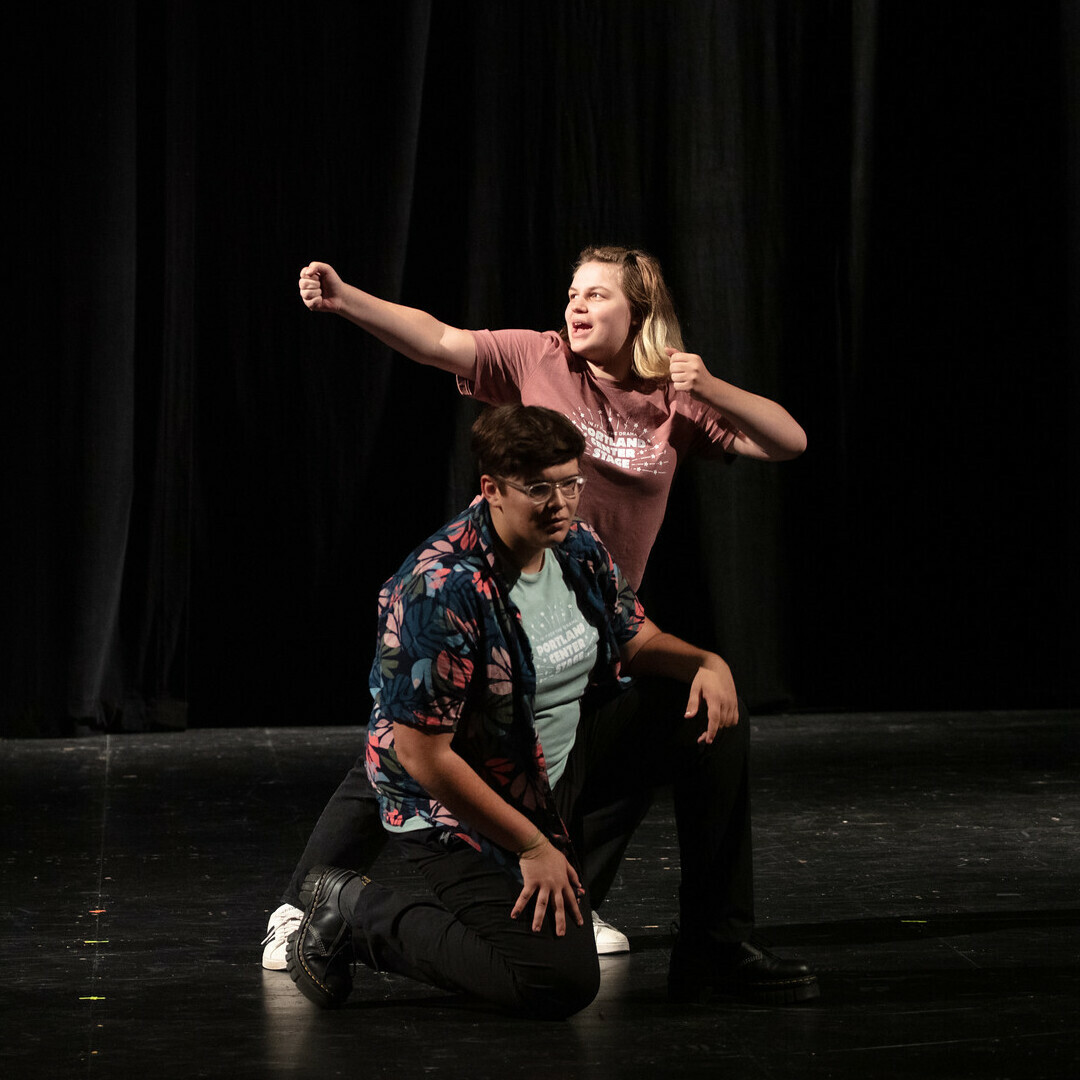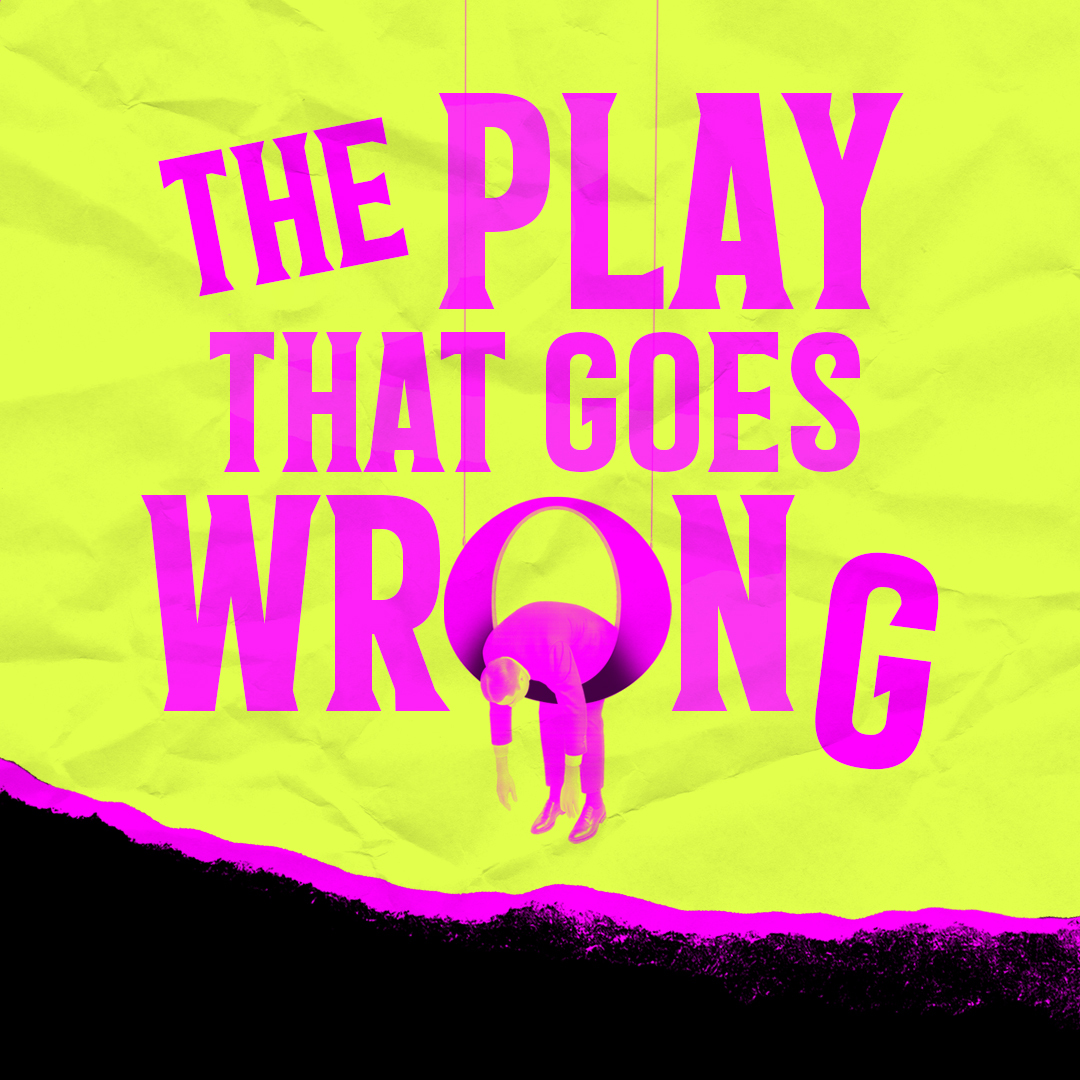An Interview with Playwright Kate Hamill
PCS Literary Manager Kamilah Bush talked to Dracula: A Feminist Revenge Fantasy, Really writer Kate Hamill about "monster" stories, the fun of horror, and reclaiming classic stories as a feminist playwright.

Playwright Kate Hamill
Kamilah Bush: So much of your work includes adapting classics with a little twist. Can you talk about where that pull comes from, and what made you interested in picking Dracula to tackle in your canon?
Kate Hamill: Well, I was approached by Classic Stage Company in New York about adapting one of two texts - either Dracula or Frankenstein. And I read both, and I thought, y’know… Dracula is going to be the bigger challenge. The source material has lots of inherent challenges - people turn into bats and wolves! It’s been done a million ways already! Everybody already knows the basic beats of the story! - and also is quite, ahm, misogynistic and xenophobic. So as a feminist playwright, I thought it was a really interesting challenge to take on, particularly in reclaiming a classic narrative and finding new avenues and meaning. And it also seemed… fun? I mean, people turn into bats and wolves! People suck other people’s blood! It’s got a lot of opportunities for fun as well as horror, and that was interesting to me.
K.B.: The full title of the play is Dracula: A Feminist Revenge Fantasy, Really. A lot of your adaptations have a grounding in feminist politics, but this is the first one that is specifically labeled a “revenge” fantasy. What about this story made revenge a theme you wanted to explore?
K.H.: Hahaha, that is a great question. Well - the story is about people who are not men standing up against serial predators, and that kind of empowering action felt like a very satisfying revenge fantasy. I mean, wouldn’t it be great to stab toxic masculinity in its ancient heart? There’s a kind of joy in that as well as fear. And it’s exaggerated, you know, anything with vampires is inherently heightened - so that’s part of the fantasy element.
K.B.: Another unique quality of your work is irreverence and, quite frankly, a bunch of silliness! This play has a lot of humor but is decidedly different from some of your other work. I feel like every question I have is “What’s different about this story?” – but what’s different about this play that made you change the relationship to humor?
K.H.: Oh, gosh, I feel like humor is a fundamental coping strategy that I use in life. My family is the type that makes extremely morbid jokes at funerals. So I can’t help but sprinkle it in… I find it, truly, irresistible. I also feel like humor helps audiences listen better - if it's only grimness, all the time, they can shut down. This play is definitely walking a tightrope between real fear - fear of predation, of being controlled - and the humor people use to cope with those situations. And I feel that’s very true to life. Some of my other plays are more straight-up comedies - this is swerving into horror.
K.B.: Fear plays a big role in this show. How did you navigate writing something that is so scary, creepy-crawly, and what do you see fear’s importance being in the storytelling?
K.H.: I’m a big scaredy-cat about things that go bump in the night, personally, so it was pretty easy for me to access that fear. I can’t watch scary movies! I tried to frighten myself - to write about things that scared me. And I’m scared of toxic people who pose as charmers, and I’m certainly scared of *powerful* predators, and I’m scared of people being controlled against their will. So I just tried to arrange situations that would scare me, and hoped that would scare my characters, too!
K.B.: Why do you think we are so interested in and return to “monster” stories? Why, in your estimation, are we so drawn to vampires and vampire hunters? What do these kinds of stories have to teach us or reveal about our own natures?
K.H.: Well, what I think is so interesting about vampires - and not to be a complete nerd about this - is that lots of people find them quite sexy. And I get it; there’s something about that power that is compelling - but I think part of the fantasy / appeal is that a vampire would also choose to make you a vampire, and you could get to be undying and beautiful and powerful forever. WHICH IS NOT TRUE! Statistically, you are so much more likely to be some random peasant who gets eaten and forgotten. You are prey! It’s like how people over-identify with billionaires and defend them because they wish / hope that they someday might also be billionaires. YOU WILL NEVER BE A BILLIONAIRE, AND YOU WILL NEVER BE AN IMMORTAL VAMPIRE SUPER-PREDATOR, so find some solidarity with your fellow peasant-class so we can fight predators together!!! I think vampires teach us that we often find incredible fascination in predation - while actually, we should learn to identify and stop predators. Like, be the hand that holds the stake. Question your idols. And if you find yourself over-identifying with somebody who wields a lot of power…. take a little step back and ask who’s on the table.
K.B.: Anything else you’d like us to know about the world of the play, what you hope audiences take away with them, anything at all?
K.H.: Other than the fact that I think Renfield should, canonically, never be a man? You know, I love Portland Center Stage. So I hope people come away excited to talk about the play, and to look at old stories in new lights, and I hope they come away with a huge eagerness to see what you all have cooking up next.
K.B.: Lastly, what is currently bringing you joy?
K.H.: I’m currently workshopping a play, so I’m getting a lot of joy out of the collaborative puzzle-solving that happens in a room. And I’m really enjoying autumn coming - I’m one of those people who busts out a sweater when there’s the slightest hint of chill and refuses to put it away again. And my husband and my dog, of course!
Portland Center Stage is committed to identifying & interrupting instances of racism & all forms of oppression, through the principles of inclusion, diversity, equity, & accessibility (IDEA).















